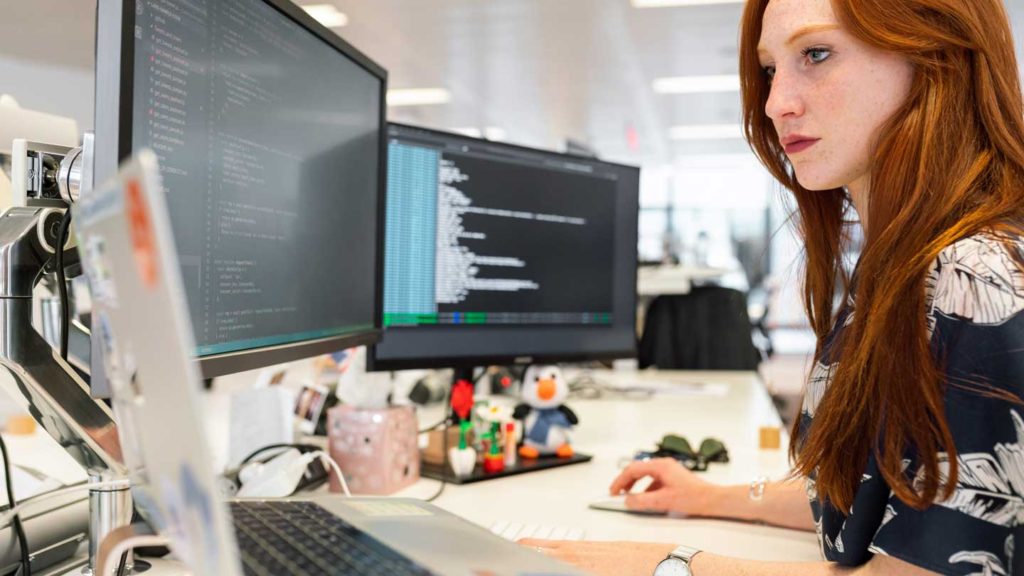Internet of Things IoT is a system that can transfer data over a network without human-to-computer or human-to-human interaction. This system includes computing devices, mechanical machines, objects, and animals or people that are given unique identifiers and that can transfer data by themselves. Examples include refrigerators, lightbulbs, speakers, TVs, cameras, phones that are embedded with sensors so that they can see, hear, and have an effect on the world around them.
If you have smart home technology, when you enter your room, you don’t have to physically turn the light on, or play the speaker, you can just give vocal order and the technology will do it for you. These all fall into the Internet of Things IoT. We write in detail about what it is and its significance.
What is the Internet of Things?
The Internet of Things is the intention of connecting our digital devices to our physical world in order to make them able to send and receive data. The Internet of Things started with the intention to make devices do our work so that we don’t have to do it ourselves. It started in 1990 when a software engineer named John Romkey made the first IoT device, a toaster which he controlled with his computer. Over the years the intention hasn’t really changed but it has become more elaborate.
The Significance and Future of IoT
We now have super-smart devices like Alexa, Siri, and many other smart devices that are very effective in their work. But it’s not just about doing our little work, it’s about making everything we can digital. If we can make digital devices send and receive data for us by themselves, they can do wonders. They won’t just save our time and energy, they will take humanity further and make our lives better.
IoT is useful for elder care, too. Elder people have trouble doing things and let’s say, a ring doorbell, or a smart lock will not need them to do the work by themselves. Nest learning thermostats can report energy usage and local weather. IoT can be useful for transportation. It can be used for smart traffic control, smart parking, electronic bill collection, logistics, etc.
Good things don’t come without a price. IoT is making our lives better but it’s also putting us at a huge risk. The camera on our smart home, the recording devices, our computer, our smartwatch and smartphone all have our personal data. These data are collected by the organization where we buy them from. The leakage of this data could put us in jeopardy.
Conclusion
The Internet of Things is much more than giving orders to machines. The real goal of IoT is to make our physical world accessible to our digital computers where marketing strategy development plays a key role too, to put sensors into pretty much everything in the world and translate it into digital format. Yes, there are risks of doing this but in order to move forward we must think digitally and take heavy protective measures so that personal matters stay to ourselves and not to some strangers.


